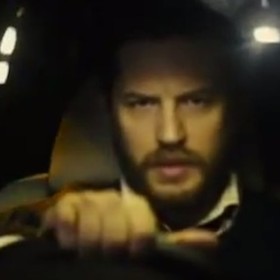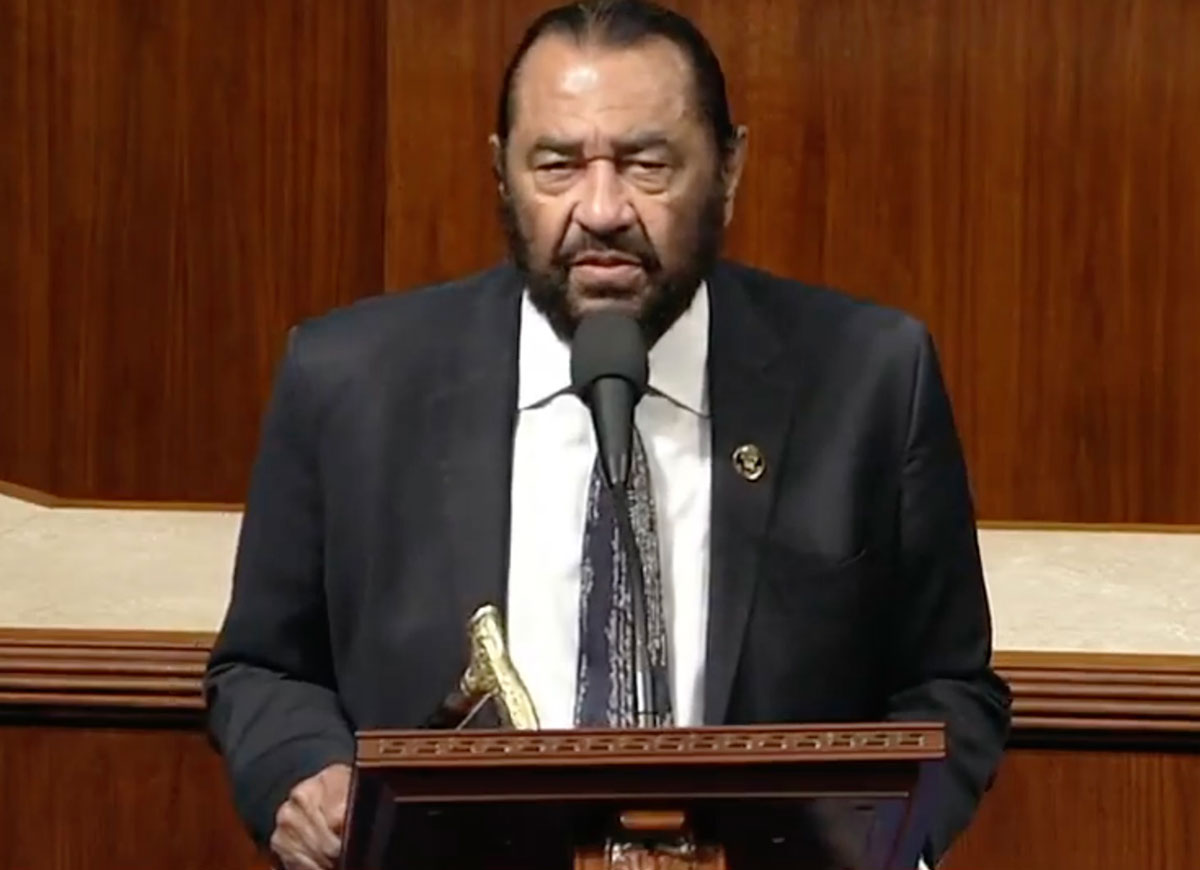'Locke' Review: Tom Hardy Shines In One-Man Show

4/5
Locke is a movie set in a car in which the only dialogue takes place over the car’s Bluetooth and the only actor that’s visible onscreen is Tom Hardy, who plays the husband, father, foreman, onetime philanderer and intent driver, Ivan Locke.
Directed and written by Steven Knight, Locke has the feel of a short film, with all the action concentrated on one man in one vehicle, traveling from some unknown United Kingdom location to London while dealing with a host of complicated issues with remarkable poise – emotions bridled yet clearly present. The entire movie rests on Hardy’s shoulders, and whether or not he makes it worth watching him – and only him – for the film’s 85 minutes.
Ivan Locke possesses a curious mix of stoicism and passion. Everything, even the most difficult and complicated of matters, Locke handles somewhat matter-of-factly. He tells his second-in-command that he’ll have to take over one of the largest concrete pours in UK history in the same tone he tells his wife that he’s on his way to the delivery of his child by a one night stand. By his account, he’s doing the right thing, as he repeats the mantra, “This is what I’m doing.” Hardy, as Locke, trapped in the claustrophobic confines of a car, manages to make his character likeable, but also conveys a certain degree of unknowability that makes him endlessly captivating.
There’s no real mystery in Locke, no plot that really unravels, no action unless you count the four wheels of Ivan’s mid-sized SUV eating up the pavement as he heads towards London with his one-track mind. The film is more of a character study, one in which a man leaves a sprawling wreckage in his wake to do the thing his father didn’t do for him – be there. He too was a bastard, by his account, one that his father never cared to know. He wasn’t going to make that same mistake. The baby would carry his last name, and he’d be there for the birth.
It’s fascinating to watch a man, who seems to have it all – kids who adore him, a wife who still loves him, employees who look up to him and admire him – deal with the reality that he’s likely ruined it all with one poor decision. Locke makes one mistake, one he doesn’t face until the last possible moment, the moment in which it materializes in the form of a baby, to deal with it. It’s likely the three worst hours of Locke’s life, punctuated by something that, despite all it’s awful consequences, can bring him joy.
RELATED ARTICLES
Get the most-revealing celebrity conversations with the uInterview podcast!



 by
by 



Leave a comment